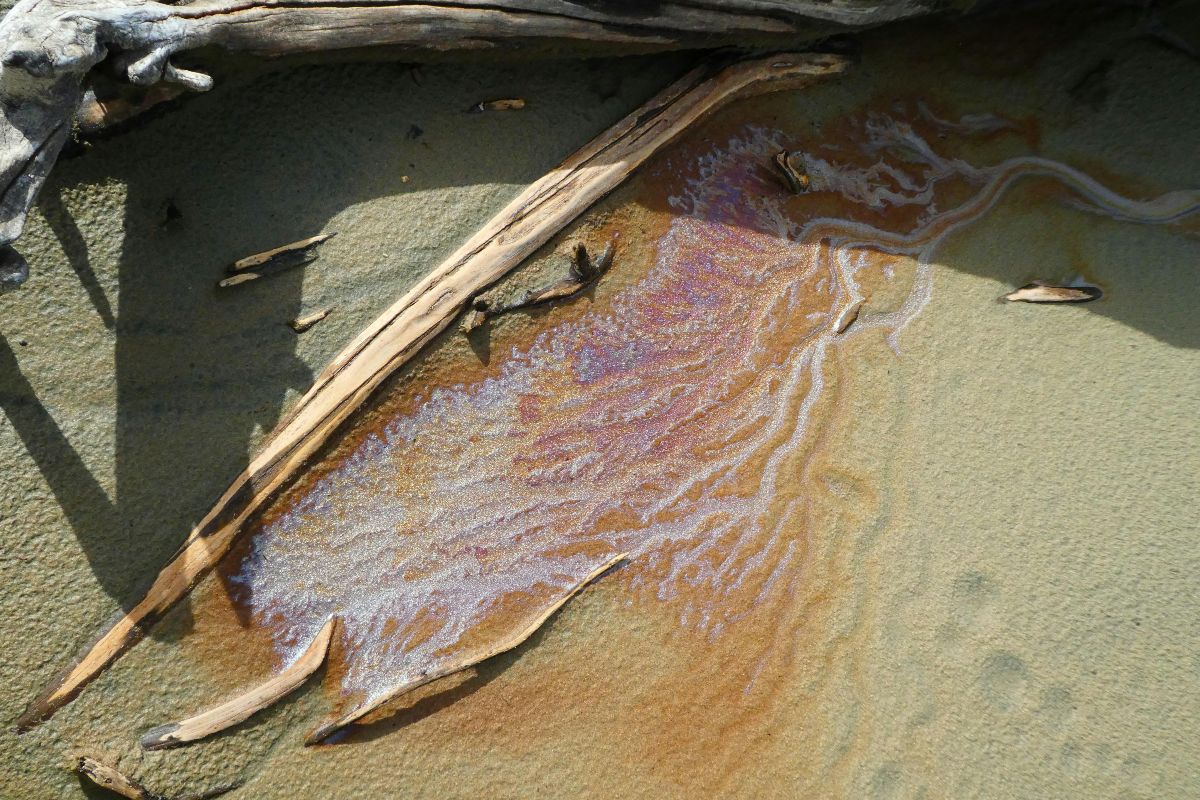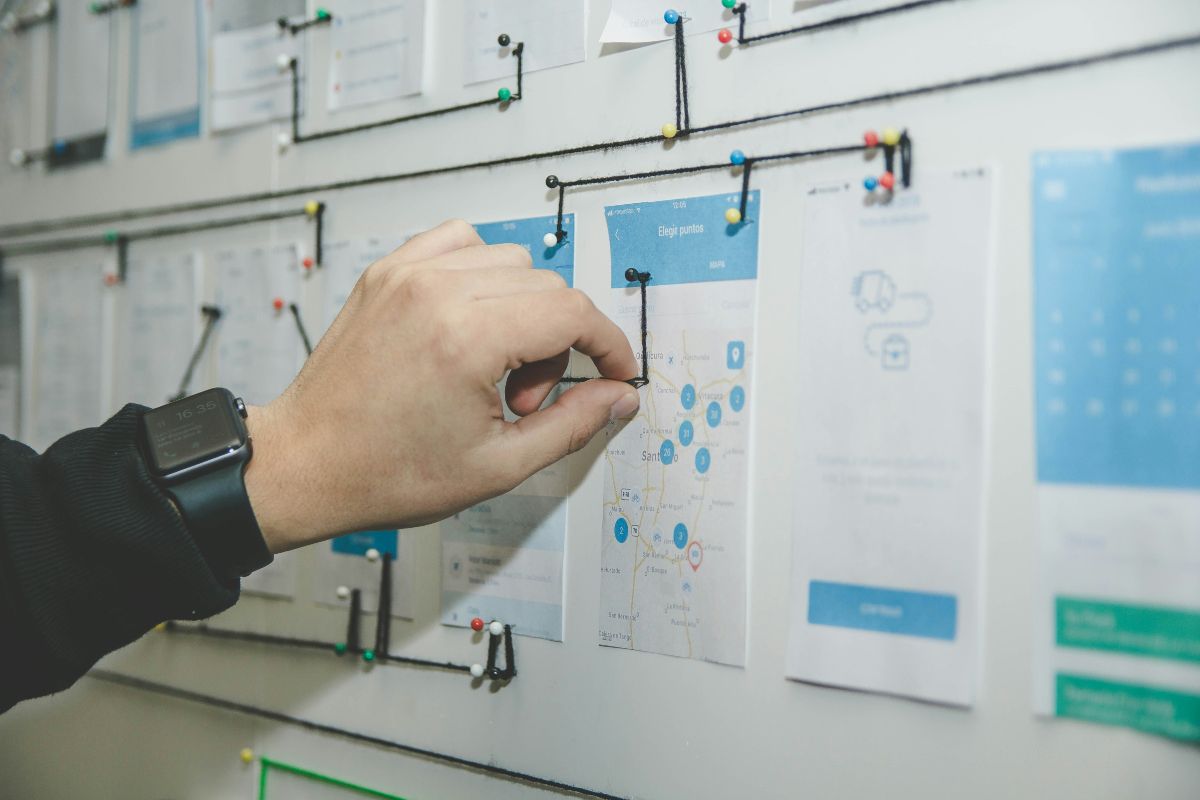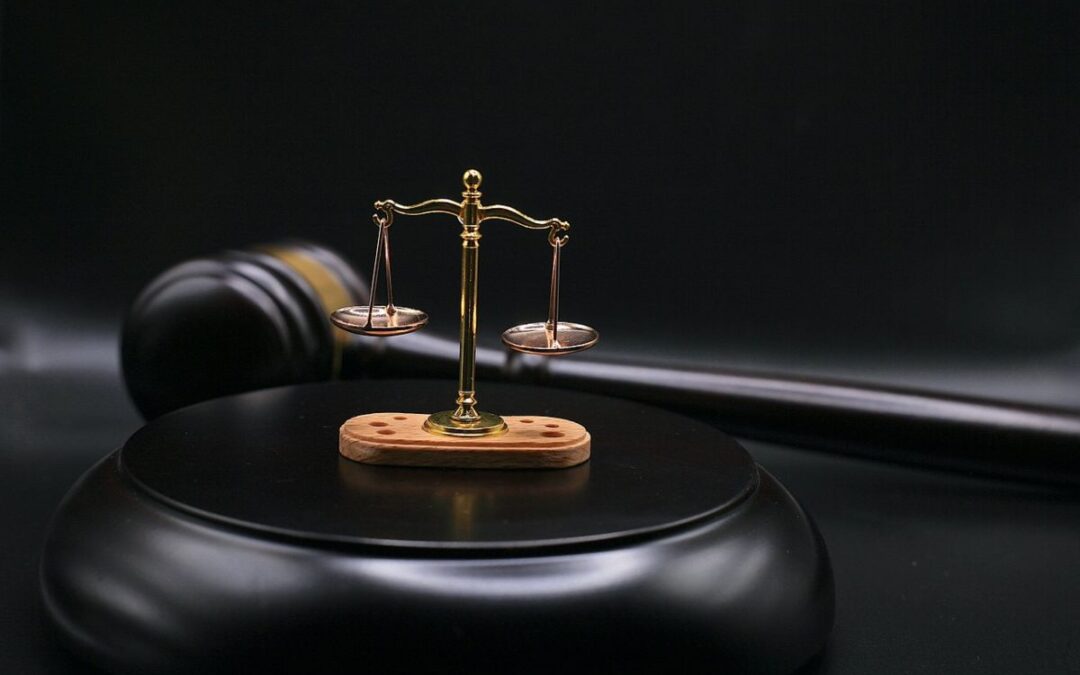As a homeowner or business owner in the Twin Cities, you’re likely aware of the importance of keeping your property clean and well-maintained. Pressure washing is an effective way to remove dirt, grime, and other buildup from your home or business’s exterior surfaces. However, it’s important to understand that there are water runoff laws in Minnesota, and these laws can impact how you use pressure washing services.
What is Water Runoff?
Water runoff is any water that flows over land and doesn’t soak into the ground. This can include rainwater, snowmelt, and water from irrigation systems and pressure washing activities. When this water flows over paved surfaces or through your yard, it can pick up pollutants like dirt, debris, chemicals, and fertilizers. These pollutants can then be carried into storm drains, which often lead directly to our lakes, rivers, and streams.
Why is Water Runoff Regulated?
Minnesota is committed to protecting its abundant water resources. Water runoff is a significant source of pollution in lakes and rivers, leading to several negative impacts, including:
- Harming aquatic life
- Contaminating drinking water sources
- Increasing the risk of flooding
- Damaging property
To mitigate these risks, the Minnesota Pollution Control Agency (MPCA) has established regulations to manage water runoff from various sources, including pressure washing activities.

Image credit: Ilaria Calamita via Pexels
Minnesota’s Legal Framework for Water Runoff
Minnesota takes a comprehensive approach to managing water runoff, combining statutes, administrative rules, and local ordinances to ensure water quality and prevent pollution. Key players in this regulatory landscape include the MPCA and the Minnesota Department of Natural Resources (DNR). Here’s a closer look at the legal framework:
Minnesota Statutes Chapter 103E: Drainage Law
This law focuses on the establishment and maintenance of drainage systems, including ditches and tiles, to effectively manage water runoff across properties. It provides a structured process for landowners and government entities to collaborate on drainage solutions. You can find the full text of the statute on the Revisor of Statutes website.
Minnesota Statutes Chapter 103G: Waters of the State
This chapter deals with the use and appropriation of Minnesota’s waters, including regulations related to water level control, dam construction, and diversions. It outlines legal requirements for activities that could potentially affect public waters, ensuring minimal impact on water quality and availability.
Stormwater Permitting by the MPCA
The MPCA plays a critical role in regulating stormwater runoff through various permitting programs. These programs target municipalities, construction sites, and industrial activities, requiring them to implement Best Management Practices (BMPs) to control stormwater discharge. For instance, construction sites disturbing one acre or more of land need to obtain a National Pollutant Discharge Elimination System (NPDES) permit and develop a Stormwater Pollution Prevention Plan (SWPPP).
Local Ordinances and Shoreland Management
In addition to state regulations, local governments in the Twin Cities area have enacted ordinances to manage water runoff effectively. These ordinances often include requirements for stormwater management plans, erosion and sediment control measures, and the preservation of natural waterways.

Image credit: Alvaro Reyes via Unsplash
The Minnesota DNR provides guidelines for shoreland management, emphasizing the importance of maintaining natural vegetation buffers along water bodies to filter runoff and protect water quality. Property owners are encouraged to implement practices such as rain gardens and vegetative filter strips to manage runoff effectively.
How These Laws Impact Pressure Washing
While the aforementioned laws provide a broad framework for water management, specific regulations impact pressure washing activities, primarily concerning the types of cleaning agents used and the proper handling of wastewater.
- Phosphate ban: Minnesota law prohibits the use of phosphates in most cleaning agents due to their detrimental effects on water quality. Phosphates contribute to excessive algae growth, which can harm aquatic life. Always confirm that your pressure washing service utilizes phosphate-free cleaners.
- Discharge restrictions: Discharging wastewater from pressure washing into storm drains or waterways is generally prohibited. This is because the wastewater can carry pollutants like dirt, debris, and residual cleaning agents, which can contaminate our water resources.
- Permit requirements: While not always required for residential pressure washing, permits may be necessary for large-scale commercial projects or those involving hazardous cleaning agents. Always check with your local municipality and the MPCA for specific requirements.
Choose Responsible Pressure Washing in the Twin Cities
Pressure washing is a valuable tool for maintaining property in the Twin Cities, but it’s essential to be aware of and comply with Minnesota’s water runoff laws. By understanding the regulations, choosing responsible pressure washing services, and implementing best practices, you can ensure that your property is clean and well-maintained without negatively impacting our precious water resources. Remember, we all play a role in protecting Minnesota’s environment for future generations.
Don’t risk fines or environmental damage. Contact Lion Share Maintenance for a free consultation and ensure your pressure washing is compliant with all regulations.
Book here!
